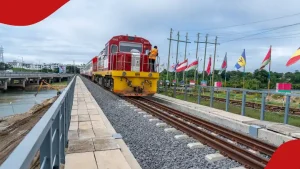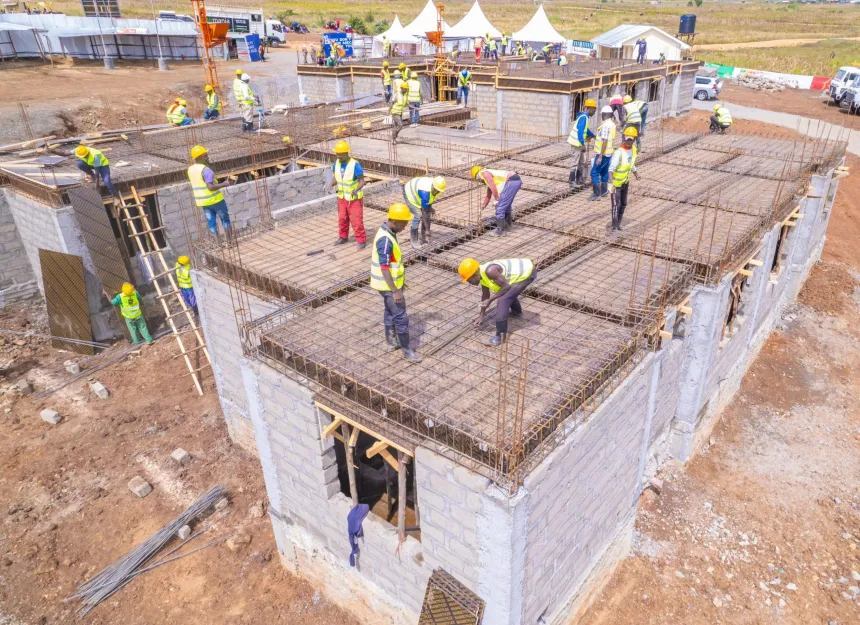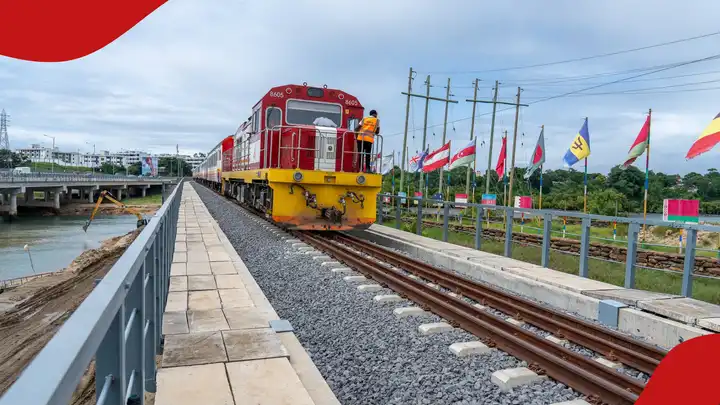The government has committed to facilitating the construction of decent, safe and affordable houses for Kenyans through the Affordable Housing Programme (AHP) with a proposed allocation of Ksh 128.3 billion for the Housing, Urban Development and Public Works sub sectors.
Speaking Thursday before Parliament, Treasury Cabinet Secretary John Mbadi stressed that the Affordable Housing Programme is not only addressing the housing deficit but also creating jobs for the youth both directly in construction and indirectly through the production and supply of building materials.
Of the Ksh. 128.3B allocated, the Kenya Urban Programme (KenUP) will receive Ksh 13.4 billion, Ksh 64.5 billion is allocated for the construction of Affordable Housing Units, Ksh 10.5 billion is for construction of Social Housing Units while Ksh 16.5 billion is for social and physical infrastructure.
To further support urban development and enhance living conditions, Treasury proposed Ksh 7.2 billion for the Kenya Informal Settlement Improvement Project Phase II, Ksh 3.5 billion for the construction of Housing Units for the National Police and Kenya Prison, Ksh 500 million for Building Climate Resilience of the Urban Poor Programme (BCRUP), Ksh 184 million for construction of foot bridges as well as Ksh 454 million targeted to support construction of County Headquarters.
To ensure the safety of Kenyans and adherence to building standards, Ksh 2.6 billion has been proposed for the Regulation and Development of the Construction Industry.
This will go toward enforcing compliance with building codes, promoting sustainable construction, and improving industry oversight.
“To ensure the safety of Kenyans through compliance with building codes and standards, as well as other industry regulations, I have proposed an allocation of Ksh 2.6 billion for the Regulation and Development of the Construction Industry.” CS Mbadi noted.
The Affordable Housing Programme is a key pillar of the Kenya Kwanza administration’s development agenda, with a long-term target of delivering hundreds of thousands of units across the country while spurring job creation and stimulating the local economy.












